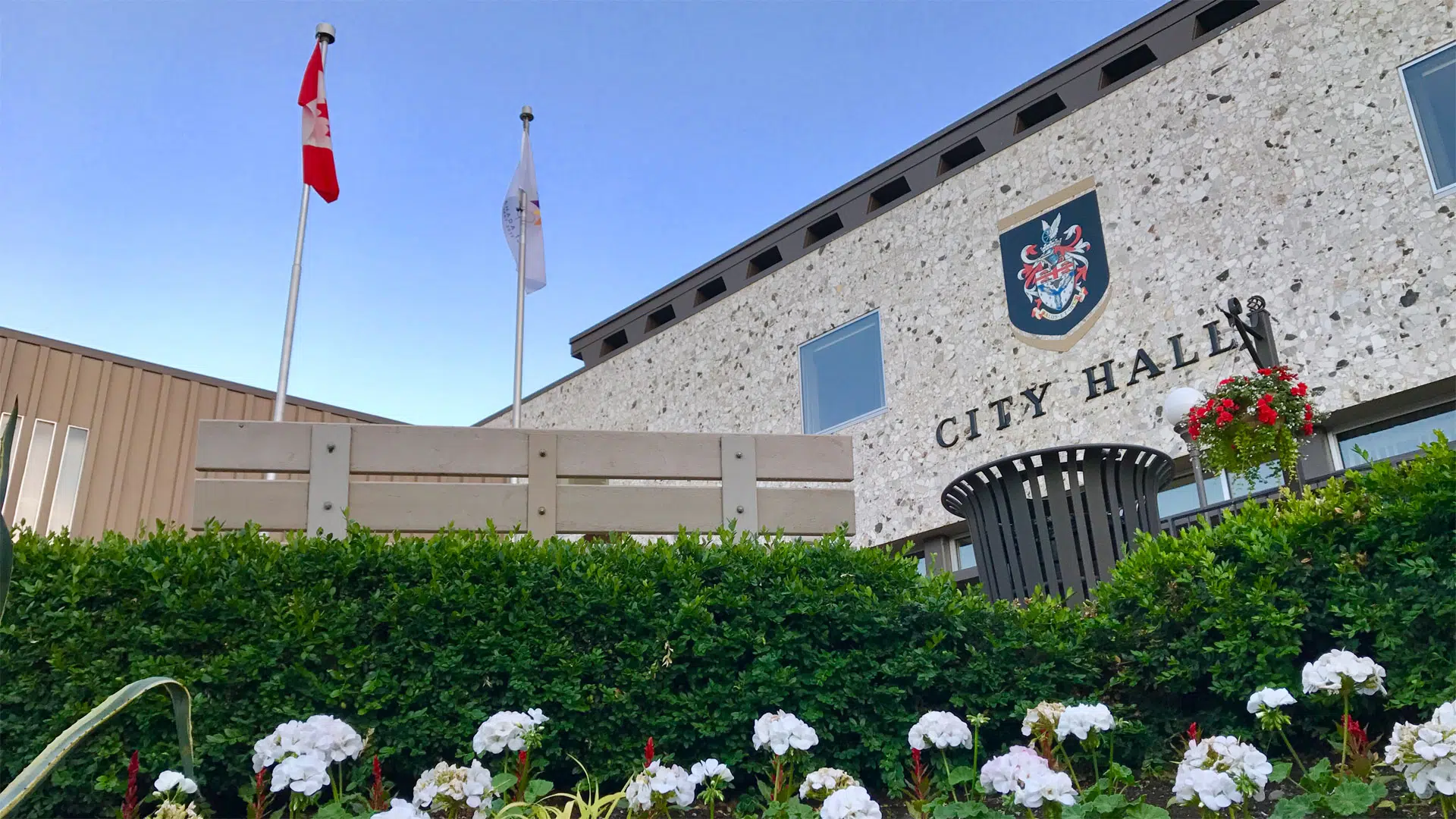
BEING MAYOR, Chapter 6 — ‘A Dog’s Bite is Much Worse Than Its Bark’
KAMLOOPS — BEING MAYOR, Chapter 6 — ‘A Dog’s Bite is Much Worse Than Its Bark’
By MEL ROTHENBURGER
This is the sixth in a series on my experiences as the mayor of Kamloops from 1999 to 2005.
“I hope people will take their skepticism but also their hopes with them to the polls on November 20, and I hope they’ll agree that it’s time for some positive change and some new leadership.”


